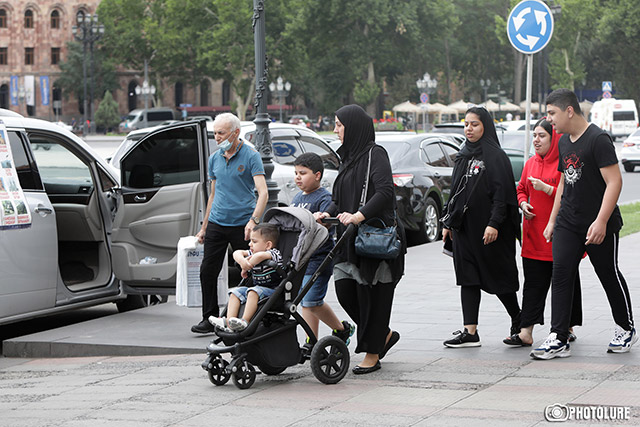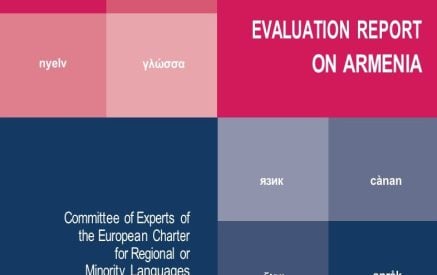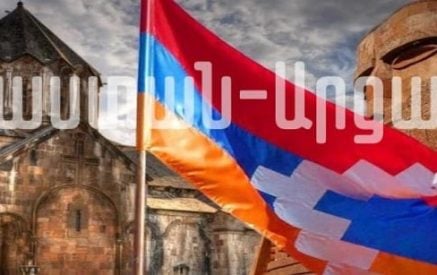Strasbourg, 08.10.2021 – The Council of Europe’s Committee of Experts of the European Charter for Regional or Minority Languages has assessed the implementation by Armenia of the recommendations for immediate action provided to the country in July 2020 and focused on the use of minority languages in education, broadcasting, contacts with the authorities, as well as the use/adoption of place names in the minority languages.
According to the Armenian authorities, in 2020, the country had considered to increase the annual state budget allocated to the national minorities. However, due to the Covid-19 pandemic and the armed conflict in 2020 the realisation of this plan has been postponed.
Among the recommendations for immediate action given in July 2020 were those on favouring the provision of at least a substantial part of pre-school education in Assyrian, Greek, Kurdish and Yezidi and teaching them in primary and secondary education.
The Committee of Experts notes that with the adoption of the Law on Pre-school Education in May 2020, Armenia established a legal basis for providing pre-school education in minority languages. However, according to the authorities, no children receive pre-school education in Kurdish, Greek or Yezidi. All in all, some 630 pupils learned Kurdish and Assyrian at public schools of the country; Greek is still not taught in the mainstream education. The Committee of Experts says that the national authorities in co-operation with local authorities and representatives of the language speakers should actively encourage parents to enrol their children in the kindergartens offering pre-school education in Assyrian and Yezidi and look for ways to teach Greek at all school levels.
Read also
As for the recommendation to introduce regular TV programmes of a sufficiently long duration in Assyrian, Greek, Kurdish and Yezidi, the Public TV of Armenia plans broadcasting programmes in these languages from March 2022. The Committee welcomes the plan but notes that weekly programmes of 15 minutes are not sufficient to effectively contribute to the promotion of minority languages. It invites the authorities to broadcast such programmes more often and to extend their duration.
Another recommendation was to promote the use/adoption of place names (or readoption if they were abolished in the recent past) in these four languages in the municipalities concerned. According to the authorities, no proposals to change place names were made. The Committee notes that the authorities should proactively inform the local authorities about the respective provisions of the Language Charter. Besides, such proposals can also come from the national authorities themselves.
As for German and Ukrainian, it was recommended increasing support to the Sunday schools of the respective minorities, including by providing teaching materials in these languages. The COVID-19 pandemic has largely pushed the work of the Sunday schools online. While the realisation of the plans of financial support to the national minorities in general and Sunday schools in particular is still pending, the Committee invites the authorities to begin the production of teaching materials, or at least consider transitional licensing of such materials from Germany and Ukraine as an immediate remedy.
Finally, in response to the recommendation to ensure that users of Russian may submit written applications in Russian to local branches of the national authorities, the Armenian authorities indicated that this legal possibility exists. Given that its practical implementation was reportedly an issue, the national authorities are invited to consult the representatives of the Russian speakers about any practical difficulties encountered with a view to finding feasible solutions.
The Committee will continue its monitoring of the situation in Armenia; the authorities are invited to present their next periodical report by 1 May 2024.


























































